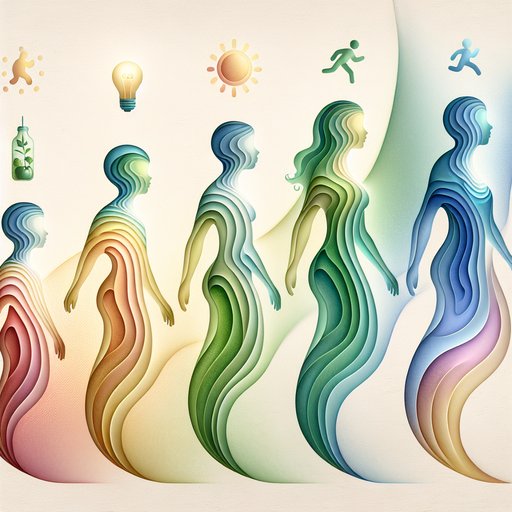 In an era increasingly defined by burgeoning technology, age-old philosophical questions of human existence, ethics, and societal evolution are challenged and brought to the forefront. As new technologies continually dissolve boundaries of what was once deemed impossible, philosophers grapple with the ethical ramifications these advances pose for humanity. Central to these struggles are the profound implications new technologies hold for our understanding of human nature and the values that govern societal interaction.
In an era increasingly defined by burgeoning technology, age-old philosophical questions of human existence, ethics, and societal evolution are challenged and brought to the forefront. As new technologies continually dissolve boundaries of what was once deemed impossible, philosophers grapple with the ethical ramifications these advances pose for humanity. Central to these struggles are the profound implications new technologies hold for our understanding of human nature and the values that govern societal interaction.
The advent of artificial intelligence elicits questions of what defines being 'alive.' If an entity can think, learn, evolve, and even feel on a simulated level, what distinguishes it fundamentally from a biologically based, cognitive being? The conundrum renders the black and white dichotomy of 'alive' and 'inanimate' obsolete, thereby challenging the underpinning of our ethical frameworks. The exponential rise in genetic engineering technologies like CRISPR presents another philosophical challenge. Alteration of an individual's genetic makeup can change their physical and cognitive traits.
Who gets to determine the nature of these changes, and what prevents this technology from evolving into a tool for creating intellectually or physically superior beings? As technology grants us the ability to shape our world on a hitherto impossible scale, we come face to face with questions about the nature of societal responsibility. Can we justify compromises on individual liberties for the greater societal good, as seen in surveillance technologies and the collection of personal data? Where is the balance between security, stability, and individual freedom?
The relationship between technology and social inequality presents another conundrum. Technological advancements have the potential to widen already existing societal divides due to differential access and resultant benefits. So, who gets to access these technologies and on what grounds is a question ethicists must grapple with. Intriguingly, emerging technologies not only shape our conceptualizations of society and individual ethics but also offer tools to understand our philosophical questions better.
Computer simulations have allowed us to test some of the oldest ethical dilemmas and philosophical thought experiments at scale. Technological advancements have thus, upturned our understanding of ethics while simultaneously providing clarity. As we approach this brave new world with its ethical implications, one thing is evident - we are not just creating technologies but are in turn being reshaped by them. Consequently, our ethical frameworks and societal norms must also evolve to encapsulate these changes.
Our response to these challenges, as a species, will determine the future of ethical interaction in society - a future underpinned by evolving technological realities. In conclusion, while emerging technologies present us with considerable philosophical and ethical challenges, they also present an opportunity - to fundamentally reassess our values and expand our understanding of ethical constructs. Balancing the immense potential they hold for societal progress with the essential preservation of human dignity, justice, equity, and liberty lies the crux of this philosophical conundrum.








































